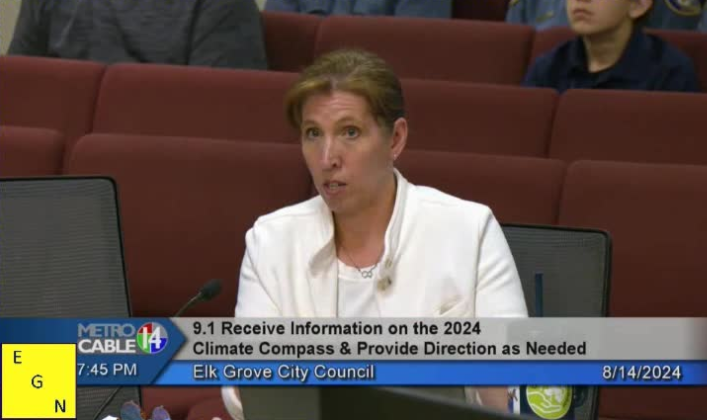Elk Grove's innovation czar seeks policy direction from mayor, city council on climate action plan
California has set a 2045 goal or zero carbon emissions.

California has set a 2045 goal or zero carbon emissions.


Governor Newsom claimed the legislation is “a landmark budget bill package that cuts red tape, fast-tracks housing and infrastructure, and improves affordability for all Californians.”

Six rural hospitals in Rep. Doug LaMalfa’s district (CA-01) appear on a nationwide list that includes 28 facilities in California at risk of closing

The two-day grand-opening celebration, July 25-26, will feature giveaways, vendor demonstrations and an outdoor social on the plaza

Meetings and events in Elk Grove